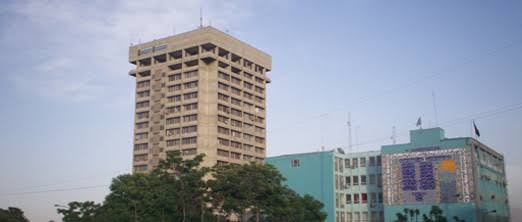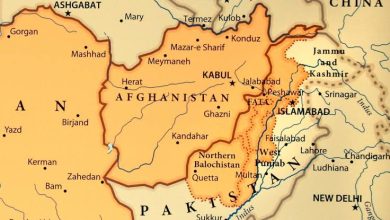Afghanistan’s Ministry of Communications Denies Claims of Government Systems Being Hacked

Weezha Roz-In recent days, claims have surfaced in the media and on social networks alleging that the information systems of Afghan ministries and government institutions have been hacked.
In response to these claims, the Ministry of Communications and Information Technology of Afghanistan issued an official statement denying any hacking of government systems and asserting that all systems of the Islamic Emirate are secure and protected.
This report analyzes the claims and the Ministry’s response.
Claims Made:
Some news sources and hacking groups have claimed that confidential information from Afghan ministries and government institutions has been hacked and leaked online.
These claims include the publication of documents allegedly leaked from Afghan government systems.
Some of these documents reportedly contain information about prisoners, administrative activities, and other sensitive data.
Response from the Ministry of Communications:
The Ministry of Communications and Information Technology of Afghanistan, in an official statement, denied these claims and emphasized that none of the government systems have been hacked.
According to the statement, the documents shared on social media are generally public information related to past years and have been collected over time.
The Ministry described these documents as part of a coordinated effort to confuse public opinion and create a false impression that government systems have been hacked.
The Ministry also stated that many of the leaked documents pertain to areas for which no specific systems have been established so far.
It emphasized that the information systems are maintained by professional technical staff and are protected from unauthorized access.
The National Data Center and other archived systems are fully secured and have remained resilient against cyberattacks.
Analysis of Claims and Responses:
1.Source of Leaked Documents: The Ministry of Communications believes that the leaked information may have been obtained from personal computers lacking security measures.
This highlights a potential vulnerability in the cybersecurity of government employees’ personal devices, which could be exploited as a weak point.
2.Purpose of Document Leaks: The Ministry views this action as part of an information campaign aimed at creating concern and distrust among the public.
This could be interpreted as a psychological tactic in the digital space, intended to undermine trust in government systems.
3.Security of Government Systems: The Ministry has assured that government information systems are under strict technical supervision and are resistant to cyberattacks.
This claim reflects the government’s effort to maintain public trust and reassure citizens about the security of their data.
Conclusion:
The claims regarding the hacking of Afghan government systems and the leak of confidential documents have prompted a swift and firm response from the Ministry of Communications.
The Ministry has denied any hacking and emphasized the security and protection of information systems.
However, this incident underscores the need for greater attention to the cybersecurity of government employees’ personal devices and the strengthening of security infrastructure.
In the current context, maintaining public trust and ensuring transparency in communication are of utmost importance.
Recommendations:
1.Strengthening Cybersecurity: Training government employees on information security and implementing advanced security measures for personal devices.
2.Thorough Investigation: Establishing an independent committee to investigate the origin and authenticity of the leaked documents.
3.Increasing Transparency: Publishing periodic reports on the state of cybersecurity and measures taken to protect government information.
Weezha Roz




